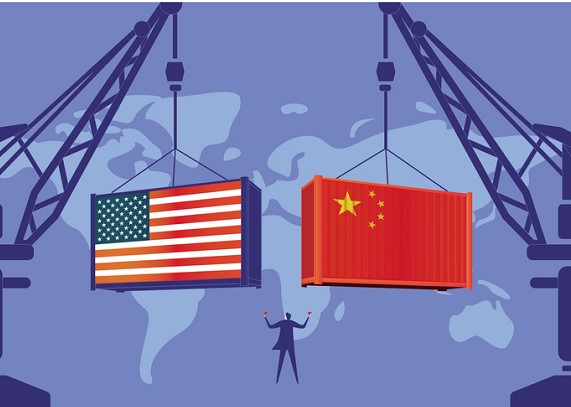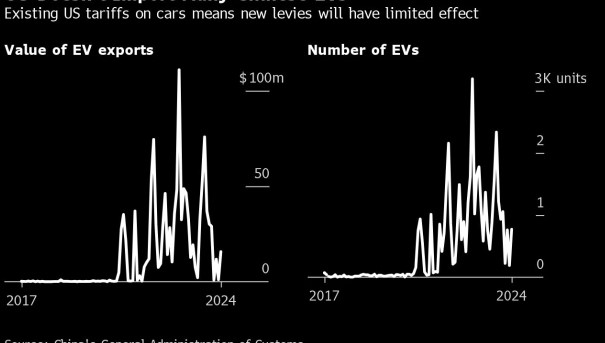
New Tariff Measures in US-China Supply Chains
Cargo volumes and supply chain costs for China-US services face potential strains following US President Joe Biden’s announcement of new tariffs on Chinese imports. Biden unveiled tariffs on Chinese imports valued at $18 billion, spanning electric vehicles (EVs), solar cells, semiconductors, and more, set to take effect between 2024 and 2026. Notably, tariffs on EVs will spike to 100% later this year, with EV lithium batteries facing a triple increase to 25%, and non-EV lithium batteries seeing tariff hikes by 2026.


This move echoes the tit for-tat tariff increases of 2018 between the US and China, which weakened cargo volumes in the air cargo industry. Peter Sand, chief analyst at Xeneta, noted the potential for increased red tape and complexity in supply chains, warning of rising costs ultimately borne by US consumers. He suggested that businesses may seek alternative supply chain routes into the US, including increased imports from Mexico and Vietnam. However, these routes pose challenges of complexity and volatility compared to direct transpacific trade.
Sand emphasized the broader implications of the tariffs, stating, “There is no doubt this is an aggressive move by the US against China, and, once again, we are seeing geo-politics impact global supply chains” (Brett, 2024).

Reference: Brett, D. (2024, May 15). Supply chains brace for new US-China tariff war. Air Cargo News.
https://www.aircargonews.net/business/supply-chains/supply-chains-brace-for-new-us-china-tariff-war/
Author
EkaRelated posts
Design the Supply Chain
Every good supply chain design needs to address collaboration with supply chain
Maersk Adopts Rail Solution
Maersk Adopts Rail Solution Amid Panama Canal Drought. In response to the declin
The Rise of Sea-Air Routes
In response to the persistent threat of rebel missile attacks, major container s


